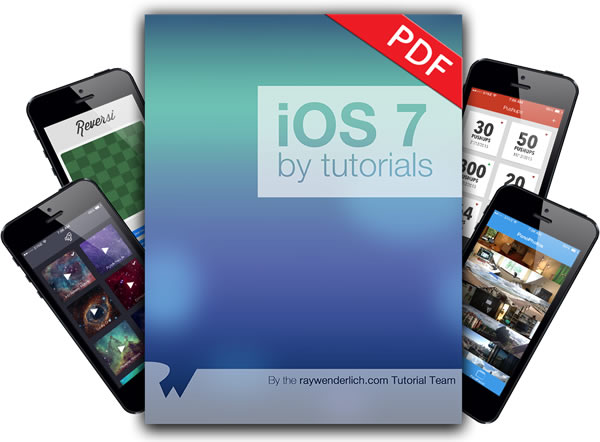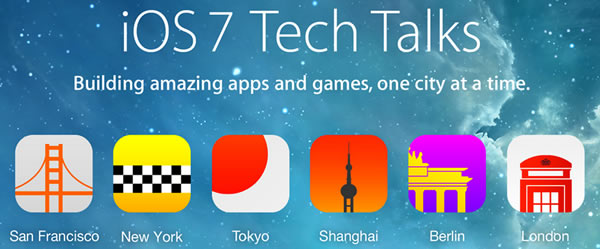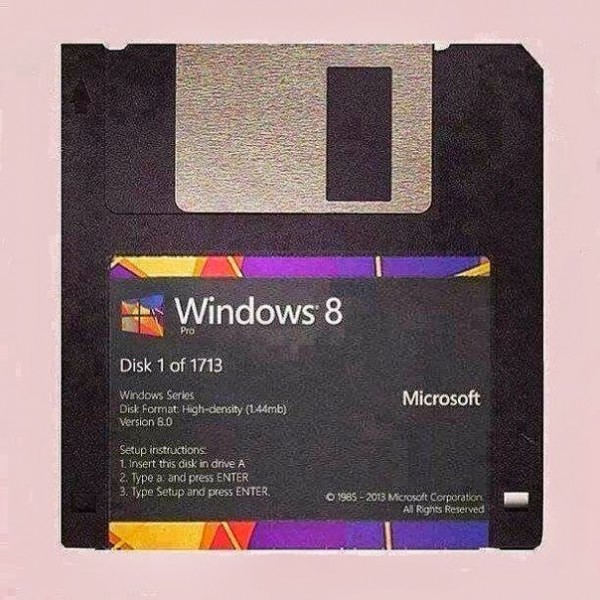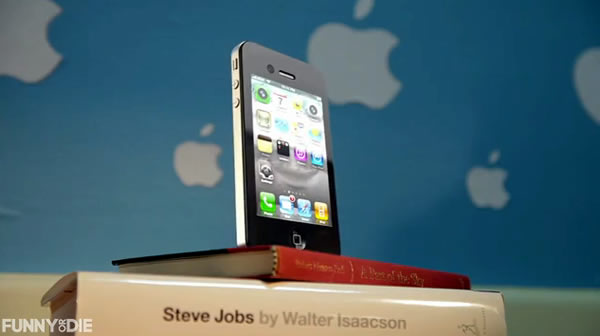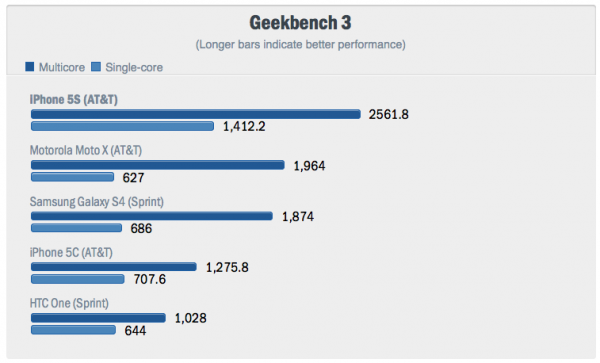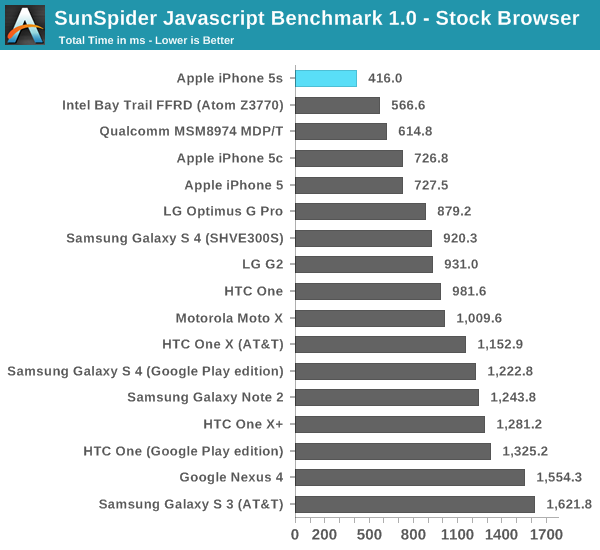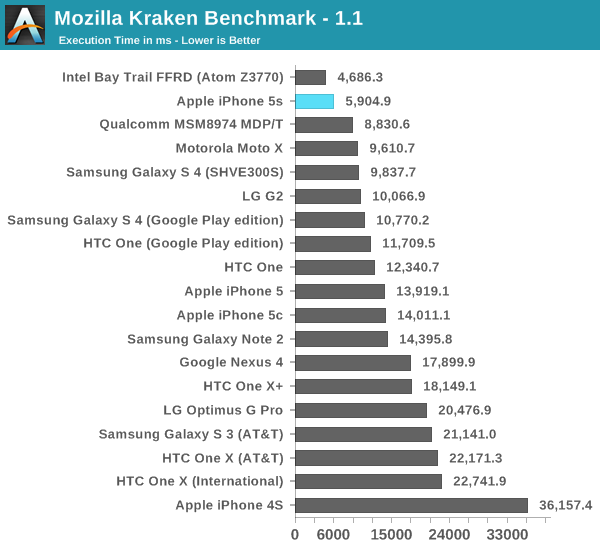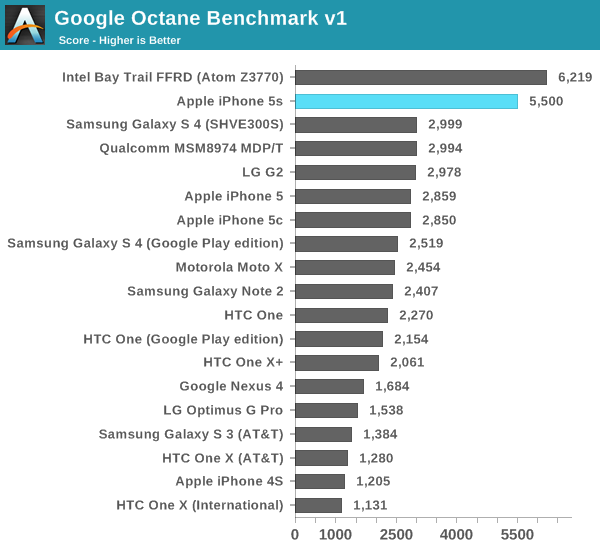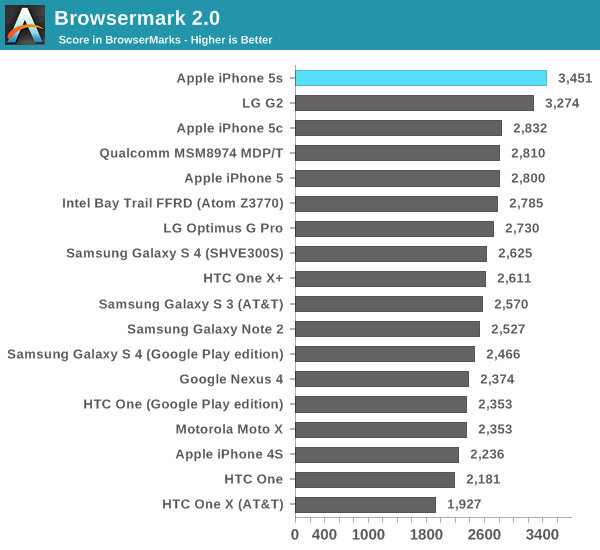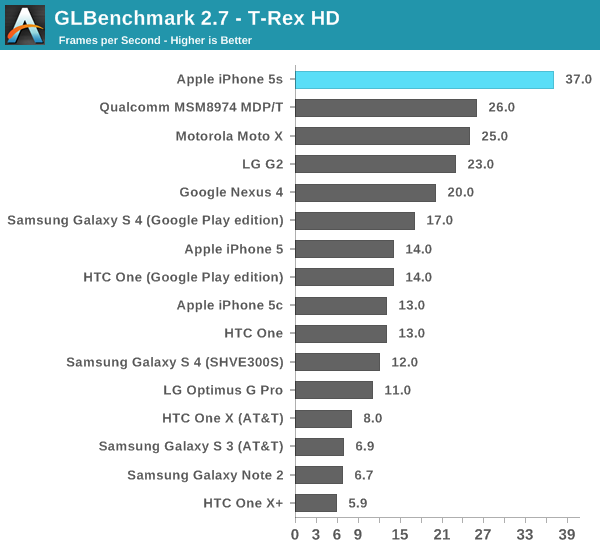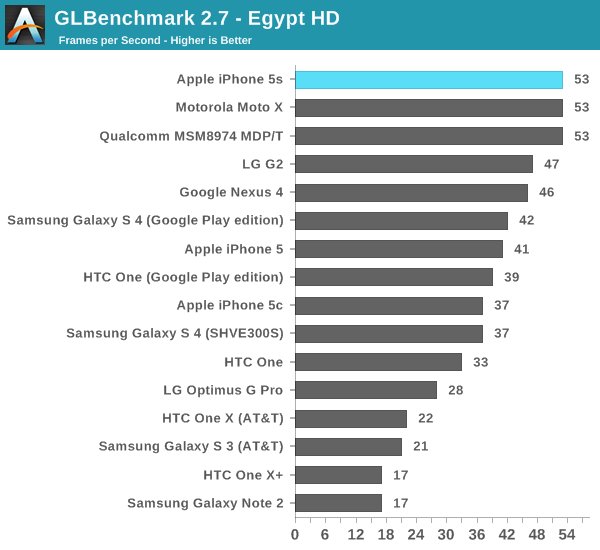What’s New in Objective-C and Foundation in iOS 7
The latest post on Ray Wenderlich’s ever-so-useful iOS development site at the time of this writing is What’s New in Objective-C and Foundation in iOS 7, which is the Reader’s Digest version of a chapter from their new iOS 7 by Tutorials book. It gives you a quick look at the following new goodies:
- Modules: “We’re all guilty of being lazy developers though, and nobody has time to tune their PCH [pre-compiled headers] file for each project they work on. That’s why modules were developed as a feature of LLVM.” For more about modules, see this video and these slides from the 2012 LLVM Developers’ Meeting.
instancetype: It’s the return type that replacesid(and the problems that come with it) in most cases.NSArray::firstObject: Arrays have alastObjectmethod, and finally, there’s afirstObjectmethod, which gets around the error you get when you try to access element 0 of an empty array.- Built-in Base64 encoding methods: Now you don’t have to go look for a third-party library or roll your own.
NSTimertolerances: Lets you specify how late a timer can fire after its scheduled time.- The
NSProgressclass: “In essence,NSProgressaims to deliver progress reporting throughout Objective-C code, neatly separating the progress of individual components. For example, if you perform a few different tasks on some data, then each task can monitor its own progress and report back to its parent task.”
NSBrief
![]() NSBrief bills itself as “A brief Podcast for Cocoa Developers, discussing interesting developer-y topics” with 108 podcasts under its belt dating back to October 2010.
NSBrief bills itself as “A brief Podcast for Cocoa Developers, discussing interesting developer-y topics” with 108 podcasts under its belt dating back to October 2010.
Among their recent podcasts are:
- 108: Phil Letourneau and Olivier Charavel talk about the Human Interface Guidelines for iOS and Mac OS X and what the document does for developers.
- 107: Michele Titolo talks web APIs, what to do when writing apps for them, and her work to encourage women in technology.
- 106: Kirk van Gorkom on his experiences in consulting and what he thinks is the future of indie consulting.
- 105: Pete Hodgson talks about the principles and practices of agile developers, and using his automated iOS UI testing tool, Frank.
- 104: Jean McDonald, a Partner at Smile on My Mac and the Founder of The App Camp for Girls, an initiative to help introduce girls to the dirty work of making iOS apps.
- 103: iOSDevCamp 2013 – a chat with organizer Dom Sagalla and developers at the dev camp.
My Appventure
My Appventure is Scotty Ruth’s blog chronicling the highs and lows of his experiences developing iOS apps. Lately, his blog has evolved into a podcast series. Here are his latest podcasts:
- 017: Mobile Design Tools – “I share a bit about my personal app design workflow, and I also review 3 great tools that can help you preview designs on your device in real time.”
- 016: Photo Editing with Aviary – “In this interview we discuss the Aviary SDK which enables developers to quickly add powerful photo editing features into their apps.”
- 015: Dave Klein: The Joys of CocoaConf – Today’s guest is Dave Klein, the lead organizer behind the oh-so nice CocoaConf conferences for iOS and Mac developers. If you’re looking for a high-quality conference closer to home, then you need to check out these events. CocoaConf travels the country and hosts regional conferences, making it much more affordable for Indie developers. CocoaConf focuses on quality and community, listen in to find out why I enjoy their events so much.”
- 014: Grab Bag: Clarity, App Annie, and More – “On today’s show I talk about how I use a service called Clarity to GIVE and GET professional advice over the phone. I also provide a quick update on Quotely.”
- 013: Xavier Veyrat: Cooking Up Apps with AppCooker – “Today’s guest is Xavier Veyrat, designer of AppCooker, an amazing tool to manage all of the pre-production work that goes into your app. Cook up interactive prototypes, icons, keywords, and even pricing models. If companies like Disney, EA and even Apple are using AppCooker to make their apps, then yeah… you might want to check this thing out!”
- 012: Jonathan Penn: UI Automation Jedi Master – “Today’s guest is Jonathan Penn, an Indie app developer, tech-talker, author and contract consultant. Jonathan has become an authority figure on the subject of UI automation and testing for iOS and he recently authored a book on the subject. Whether you’re working on an app idea, or you do consulting to pay the bills, there’s something for you to glean from Jonathan’s experiences on today’s lighthearted interview.”
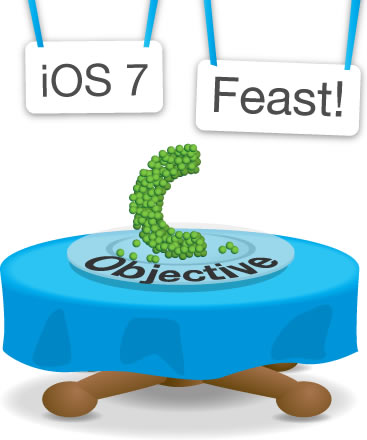

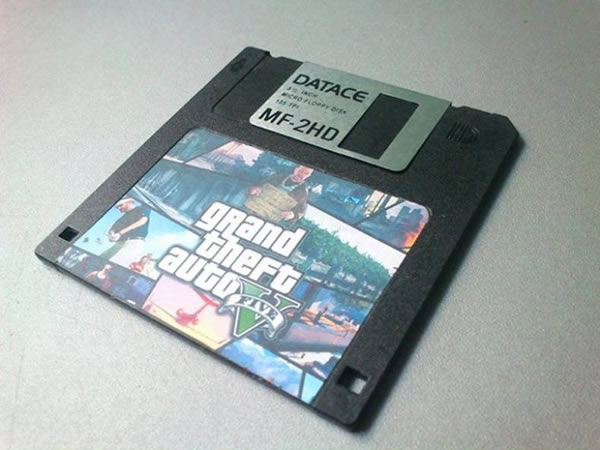

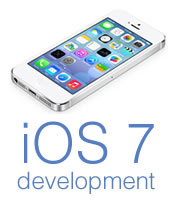 Now that iOS 7 has hit the streets, the non-disclosure agreement that all registered iOS developers is no longer under effect. This means that all of us who’ve been playing with the various beta versions of iOS 7 and Xcode 5 can finally talk about them, as well as their APIs, and their experiences developing for Apple’s new-look operating system. Over the next few weeks, I’m going to talk about as many of the changes to Xcode and iOS as I can, as well as point you to other writers who are covering these topics.
Now that iOS 7 has hit the streets, the non-disclosure agreement that all registered iOS developers is no longer under effect. This means that all of us who’ve been playing with the various beta versions of iOS 7 and Xcode 5 can finally talk about them, as well as their APIs, and their experiences developing for Apple’s new-look operating system. Over the next few weeks, I’m going to talk about as many of the changes to Xcode and iOS as I can, as well as point you to other writers who are covering these topics.
